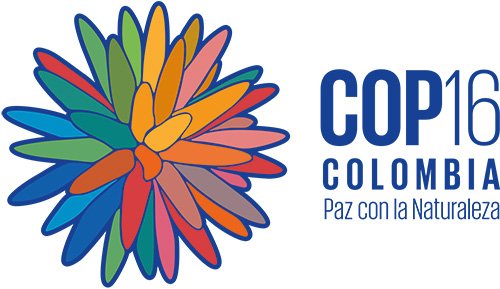 The UN biodiversity summit (COP15) in Colombia agreed on the creation of a fund to share the profits of digitally sequenced genetic data taken from animals and plants with the communities they come from.
The UN biodiversity summit (COP15) in Colombia agreed on the creation of a fund to share the profits of digitally sequenced genetic data taken from animals and plants with the communities they come from.
Such data, much of it from species found in poor countries, is notably used in medicines and cosmetics that can make their developers billions.
Few, if any, benefits of the data — often downloaded from free-access online databases — ever trickle down to the communities who discovered a species’ usefulness in the first place.
The issue had previously been a bone of contention. The previous summit, COP15 in Montreal, had agreed on the creation of a “multilateral mechanism” for sharing the benefits of digitally sequenced genetic information (DSI), “including a global fund.”
However, in Cali, negotiators argued for nearly two weeks over basic questions such as who pays, how much, into which fund and to whom the money should go. After a last-minute compromise, member countries of the convention agreed on the creation of a “Cali Fund” for the equitable sharing of DSI benefits.
The agreement determines that users who commercially benefit from DSI “should contribute a proportion of their profits or revenue to the global fund.”
Those whose income exceeds a certain income threshold should contribute one percent of profits or 0.1 percent of revenue, the document determined.
The nonbinding agreement lists targeted sectors including the producers of pharmaceuticals, food and health supplements, cosmetics, biotechnology, and agribusiness.
UN Secretary-General Antonio Guterres had urged delegates at the start of the talks to approve a mechanism to govern DSI use so that benefits can be shared equitably.
“Developing countries are being plundered,” he said.
“Digitized DNA from biodiversity underpins scientific discoveries and economic growth, but developing countries don’t gain fairly from these advances — despite being home to extraordinary richness,” he said.

